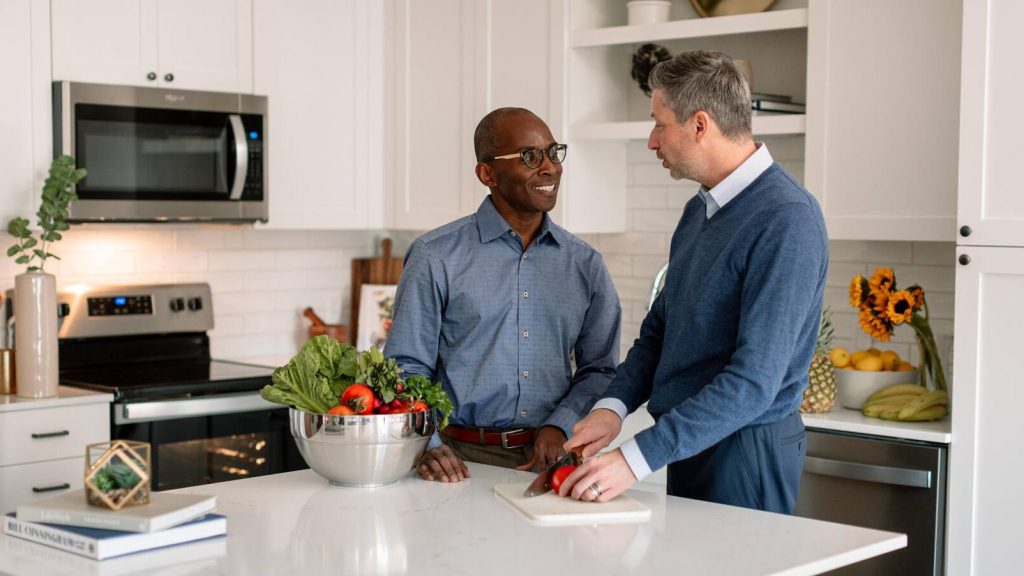During June, many cities and towns around the U.S. and the world celebrate and raise awareness of the LGBTQ+ community's accomplishments and the ongoing fight for equality and acceptance.
When it comes to health, the LGBTQ+ community faces increased cancer concerns. Stigma and discrimination create barriers to health care, placing the LGBTQ+ community at heightened risk for certain forms of cancer. Being aware of cancer risks and finding ways to overcome these challenges can be lifesaving.
Mayo Clinic's Dr. Jewel Kling says there are health disparities people in the LGBTQ+ community face that do not have to do with identity or sexual orientation.
Watch: Addressing cancer concerns in the LGBTQ+ community
Journalists: Broadcast-quality video pkg (1:43) is in the downloads at the end of the post. Please courtesy: "Mayo Clinic News Network." Read the script.
There are higher cancer risks for the LGBTQ+ community.
"It's not because they're lesbian, gay or transgender. But instead, it's because of societal things: stigma, discrimination, lack of access to care, lack of inclusive care — where they feel embraced and can share their authentic self," says Dr. Kling.
That affects rates for breast cancer, for instance.
"If a lesbian woman doesn't feel like she has access to care or can be her authentic self with her physician, she may not go for that screening mammogram to get identified for breast cancer early on," Dr. Kling says.
And other groups may be at risk for different cancers.
"Men who have sex with men, folks that are HIV positive, they are at higher risk for HPV-related cancers, including anal cancers," she says.
Screening for cancers is crucial, says Dr. Kling, and so are preventive measures, like getting the HPV vaccine.
"HPV is a virus linked with many cancers: anal cancer, cervical cancer, and some head and neck cancers," says Dr. Kling.
Being open with your clinician is essential and helps ensure you get the necessary care.
Dr. Kling says, "It becomes really important for us to know so we're making sure that we're providing the best whole-person, individualized care."
Navigating the health care system as an LGBTQ+ person can be challenging and uncomfortable, but taking steps to find proper care and understanding your cancer risks could save your life.
When it comes to preventing cancer, Dr. Kling says she tells her LGBTQ+ patients the same thing she tells all of her patients.
"We should all move. Exercise, do it regularly, about 30 minutes a day. We should make sure that we're getting enough sleep — on average, about seven to nine hours of sleep per night. We should be trying to eat a healthy, balanced diet, lots of fruits and vegetables, minimizing processed foods."

Related posts:
- Why you should come out as LGBTQ to your health care team
- Mayo Clinic Minute: Why it’s important to help kids who identify as LGBTQ+ and may be struggling







